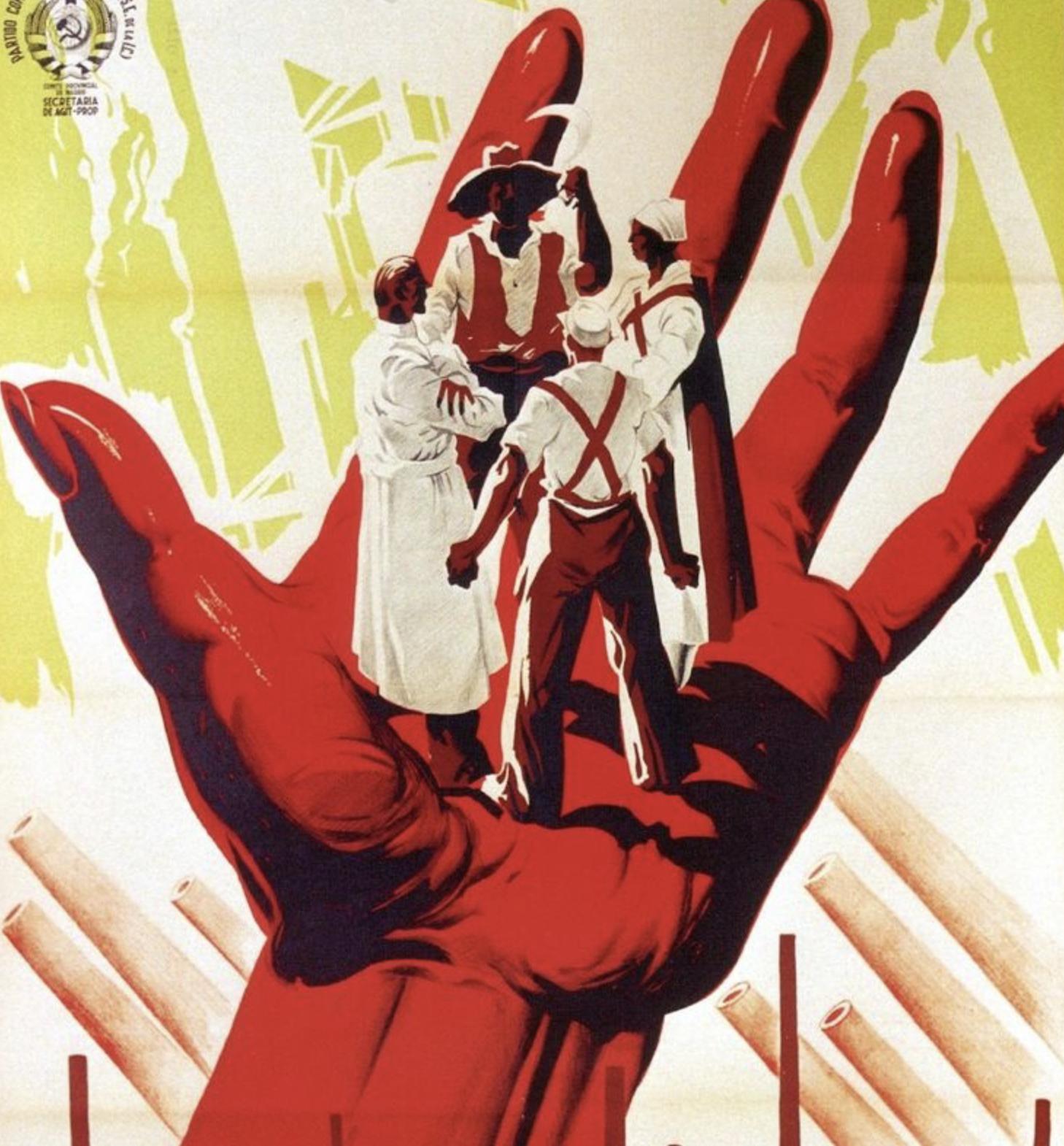Indoctrinating The Future, part 2: A Tale of Control, Corporatism, and Technocracy
by Donavon L Riley
The 20th century witnessed a disturbing trend in authoritarian regimes manipulating education systems to further their agendas. By developing strategies to overthrow democratically elected school boards and promoting public-private partnerships with multinational corporations, these regimes sought to control not only what students learned but also how they thought. This article explores the evolution of authoritarian influence in education, from Robber Baron philanthropy to technocratic “school choice” through virtual education technologies.
When Regimes Dictate Curriculum
In the mid-20th century, authoritarian regimes around the world began targeting democratically elected school boards as a means to exert control over education. One example is Chile under Augusto Pinochet. After the 1973 coup, Pinochet dismantled the existing educational system, replacing it with a centralized structure that allowed his regime to dictate the curriculum and suppress dissenting voices. This drastic transformation was made possible by the ousting of elected school boards, silencing the democratic will of the people.
Public-Private Partnerships and Corporatist Influence
As authoritarian regimes consolidated power, they recognized the potential of public-private partnerships with multinational corporations to further their goals. Argentina under Juan Perón is a case in point. Perón established close ties with corporations, enabling them to influence educational content and shape the future workforce. Corporations gained access to schools, and students were subjected to curriculum changes that emphasized technical skills favored by these corporate partners.
Robber Baron Philanthropy and Psychological Conditioning
Robber Baron philanthropy was another method authoritarian regimes employed to control education. Argentina’s Perón regime used this strategy extensively, with wealthy industrialists funding schools that aligned with the government’s corporatist agenda. Moreover, stimulus-response psychological conditioning techniques were employed to mold obedient citizens. Students were subjected to behavioral conditioning, promoting conformity and loyalty to the regime, echoing the dystopian visions of Aldous Huxley’s “Brave New World.”
The Transition to Technocratic “School Choice”
In the late 20th century, authoritarian regimes evolved their approach to education by embracing technocratic systems, primarily virtual education. An example is Singapore’s Lee Kuan Yew. Lee’s government implemented a highly controlled virtual education system, allowing it to exert unprecedented control over students’ lives. The regime skillfully manipulated technology to ensure students’ loyalty and willingness to cede control of their education and future to the state.
Programming Students for Subservience
These technocratic systems didn’t merely educate; they programmed students to willingly relinquish control of their homes, finances, and lives to the authoritarian regime. Singapore’s technocratic approach, for instance, utilized personalized algorithms to tailor virtual lessons, subtly conditioning students to align with the government’s vision. The educational content became a tool for indoctrination and compliance.
Manipulating Education to Consolidate Power
To illustrate this progression further, it’s essential to look at lesser-known historical examples. Consider the case of Libya under Muammar Gaddafi. In the 1970s, Gaddafi nationalized education and introduced a personality cult. His regime used textbooks to promote his ideology, while extrajudicial violence and surveillance silenced dissent. Similarly, Indonesia under Suharto’s New Order regime implemented a centralized curriculum to suppress ethnic diversity, ultimately molding students into loyal subjects of the authoritarian state.
Thus, the 20th century witnessed a chilling transformation of education under authoritarian regimes. From overthrowing democratically elected school boards to forging public-private partnerships with corporations, these regimes meticulously manipulated education to consolidate power. The transition from Robber Baron philanthropy to technocratic virtual education marked a significant shift in their approach, allowing for even greater control over students’ lives. The lessons from history serve as a stark warning about the insidious potential of such educational manipulation, demonstrating that education is not merely a means of imparting knowledge but also a tool for shaping societies to serve authoritarian agendas.

